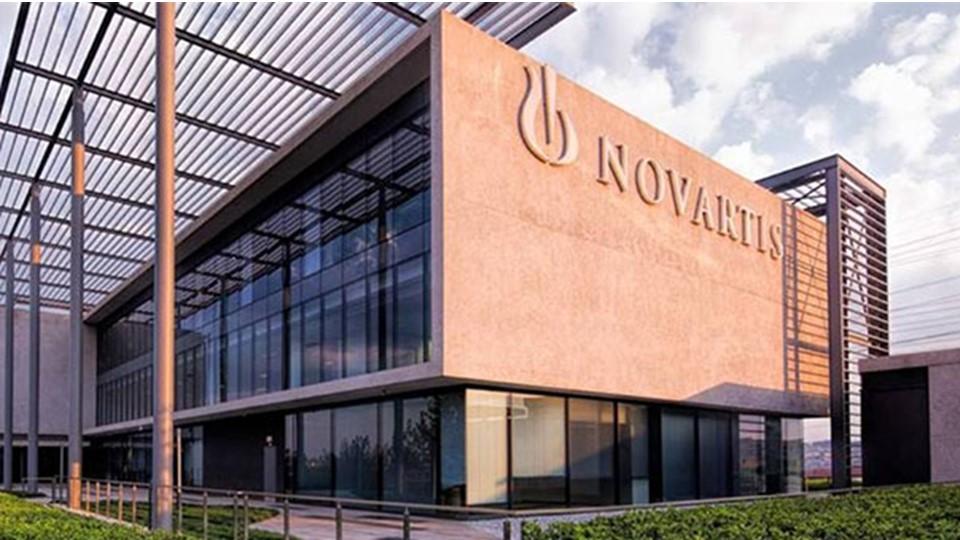Novartis calls time on Tim3 drug sabatolimab in MDS

Novartis’ position as the frontrunner in the race to bring a Tim3-targeting drug to market has been lost after it pulled a phase 3 trial of its sabatolimab candidate.
The STIMULUS-MDS2 trial was testing sabatolimab (MBG453) in combination with azacitidine in previously untreated adult subjects with intermediate, high, or very high-risk myelodysplastic syndromes (MDS) who were not eligible for intensive chemotherapy or a haematopoietic stem cell transplantation (HSCT).
In its fourth-quarter results update, Novartis revealed that the programme was being discontinued to prioritise other programmes in its portfolio because STIMULUS-MDS2 had not met its primary endpoint.
The study’s main objective was to show an improvement in overall survival for the combination compared to azacitidine plus placebo. It started in 2020 and had been due to follow up patients for five years, with a main readout due in 2027.
Sabatolimab also missed the mark in the phase 2 STIMULUS-MDS1 study, which also looked at the combination of the drug with azacitidine in previously untreated higher-risk MDS and was published in The Lancet Haematology journal earlier this month.
Novartis has also been developing sabatolimab in combination with Gilead Sciences’ CD47-targeted antibody magrolimab – another drug struggling to show efficacy – in a phase 2 trial involving patients with acute myeloid leukaemia (AML) unfit for treatment with intensive chemotherapy, but the future of the programme now looks increasingly in doubt.
The company had been nominally out in front among developers of Tim3-targeted drugs, slightly ahead of GSK and partner AnaptysBio with cobolimab, which is being tested alongside GSK’s PD-1 inhibitor Jemperli (dostarlimab) and docetaxel in the phase 3 COSTAR trial in advanced non-small cell lung cancer (NSCLC) patients who have progressed after prior anti-PD-1/PD-L1 therapy.
Plenty of other companies, meanwhile, have been interested in the target, but a number of projects have fallen by the wayside, including Roche’s Tim3/PD-1 inhibitor bispecific antibody RO7121661 - which had reached phase 2, but no longer appears in its pipeline listing.
Bristol-Myers Squibb was also testing its candidate BMS-986258 as a monotherapy and in combination with its PD-1 inhibitor Opdivo (nivolumab) in solid tumours, but that also no longer appears in its R&D portfolio and, according to the clinicaltrials.gov register, was terminated due to changed “business objectives”.
Meanwhile, Incyte and partner Agenus’ verzistobart (INCAGN2390) remains in phase 2 for endometrial cancer and squamous cell carcinoma of the head and neck (SCCHN), and relapsed/refractory melanoma, while Servier/Symphogen have S95018 in a phase 1/2 combination study in NSCLC, and BeiGene’s surzebiclimab (BGB-A425) is in phase 1/2 studies with tislelizumab in solid tumours, including NSCLC.
Novartis also revealed in its fourth-quarter report that its BTK inhibitor remibrutinib would not be developed in the autoimmune disorder Sjogren’s syndrome, where it had reached phase 2, but is still in testing for other indications, including chronic spontaneous urticaria (CSU) and multiple sclerosis (MS).












